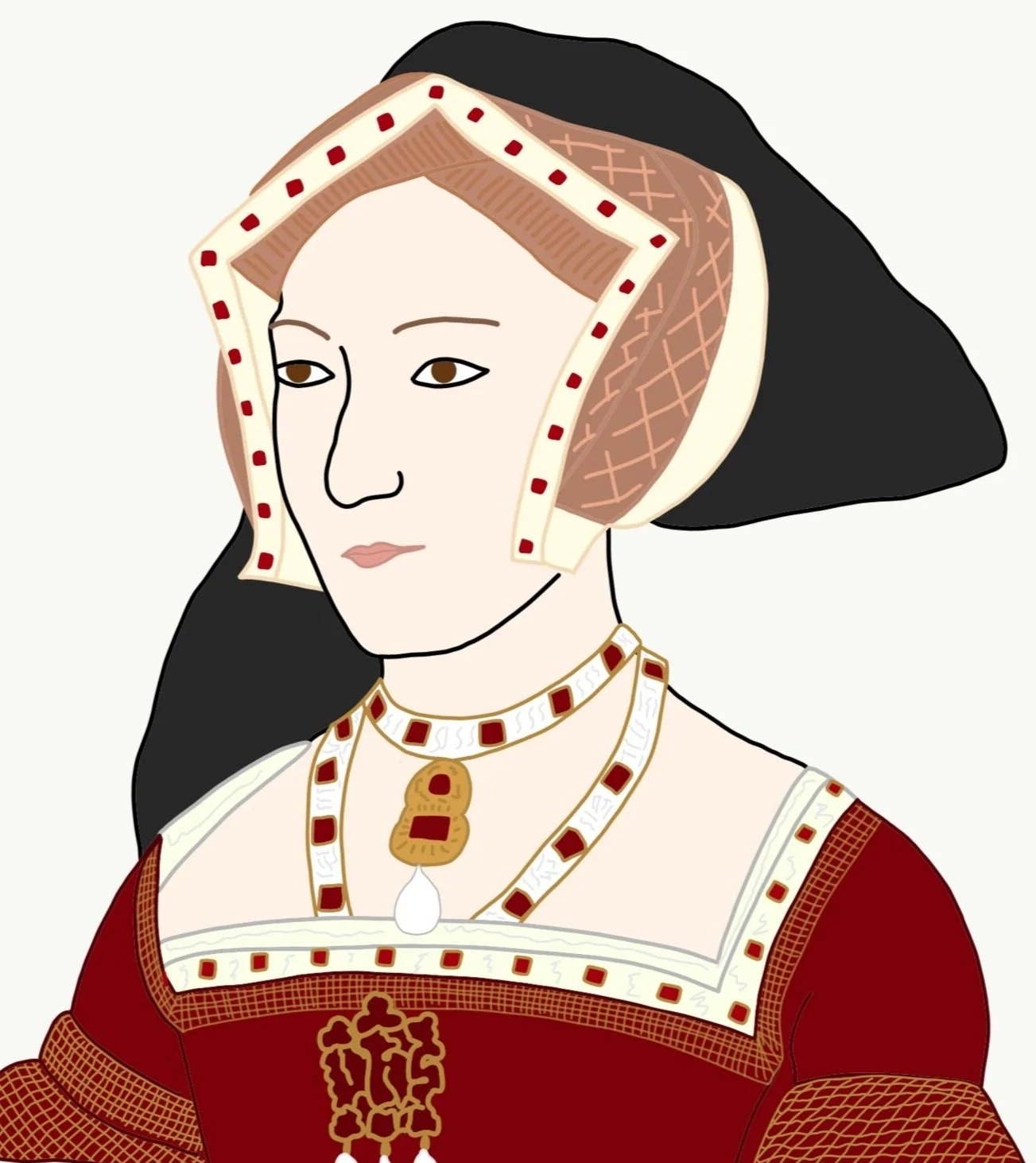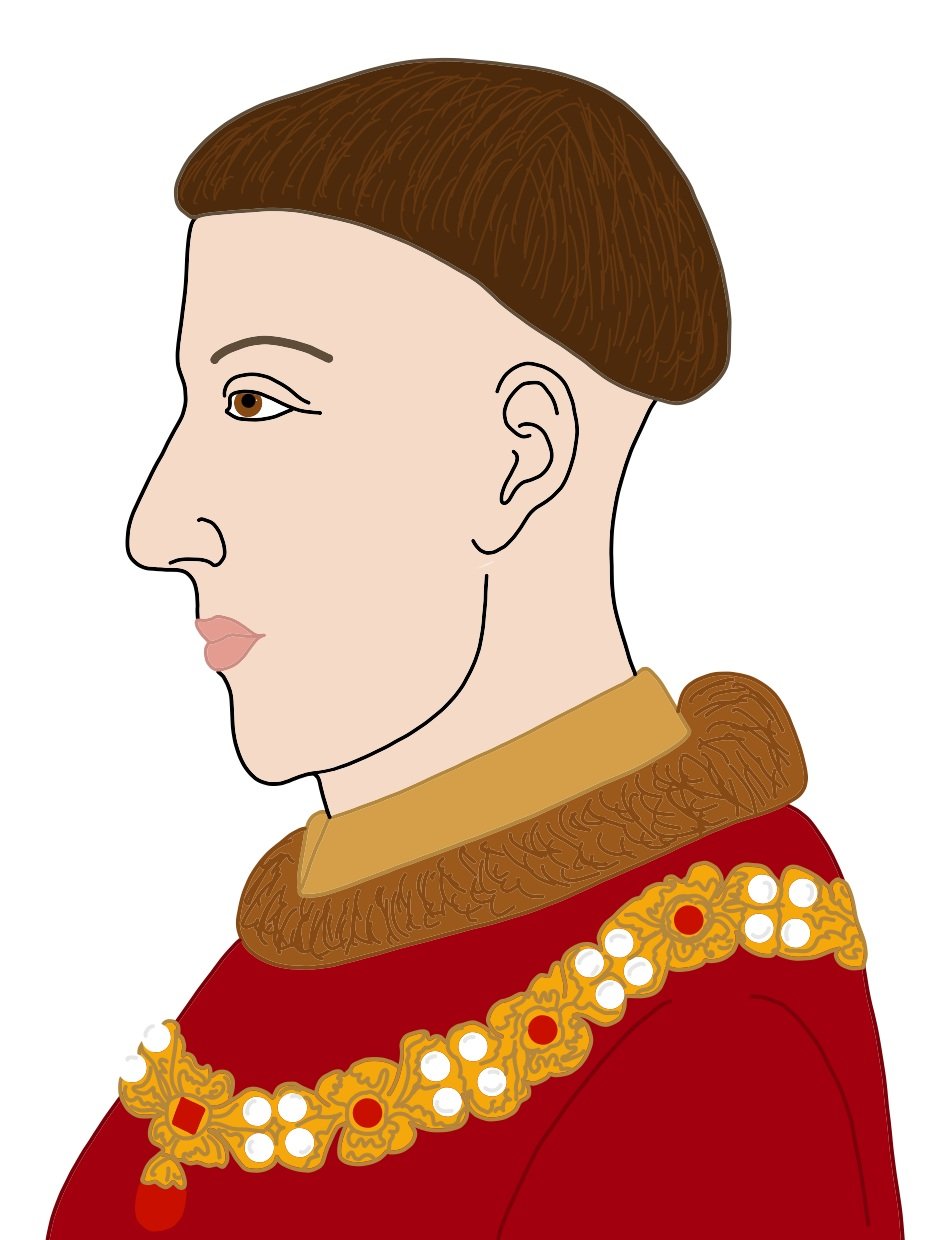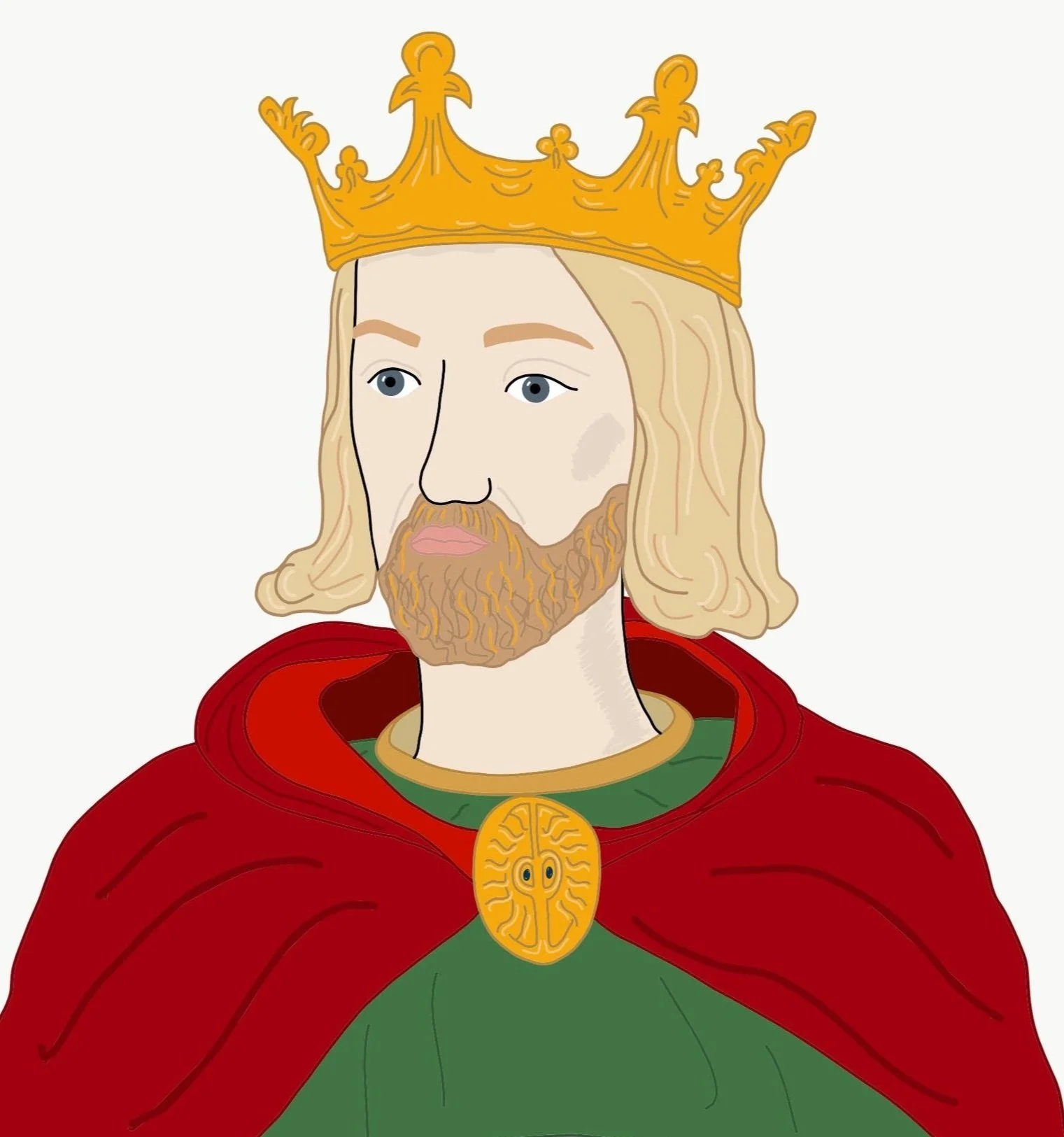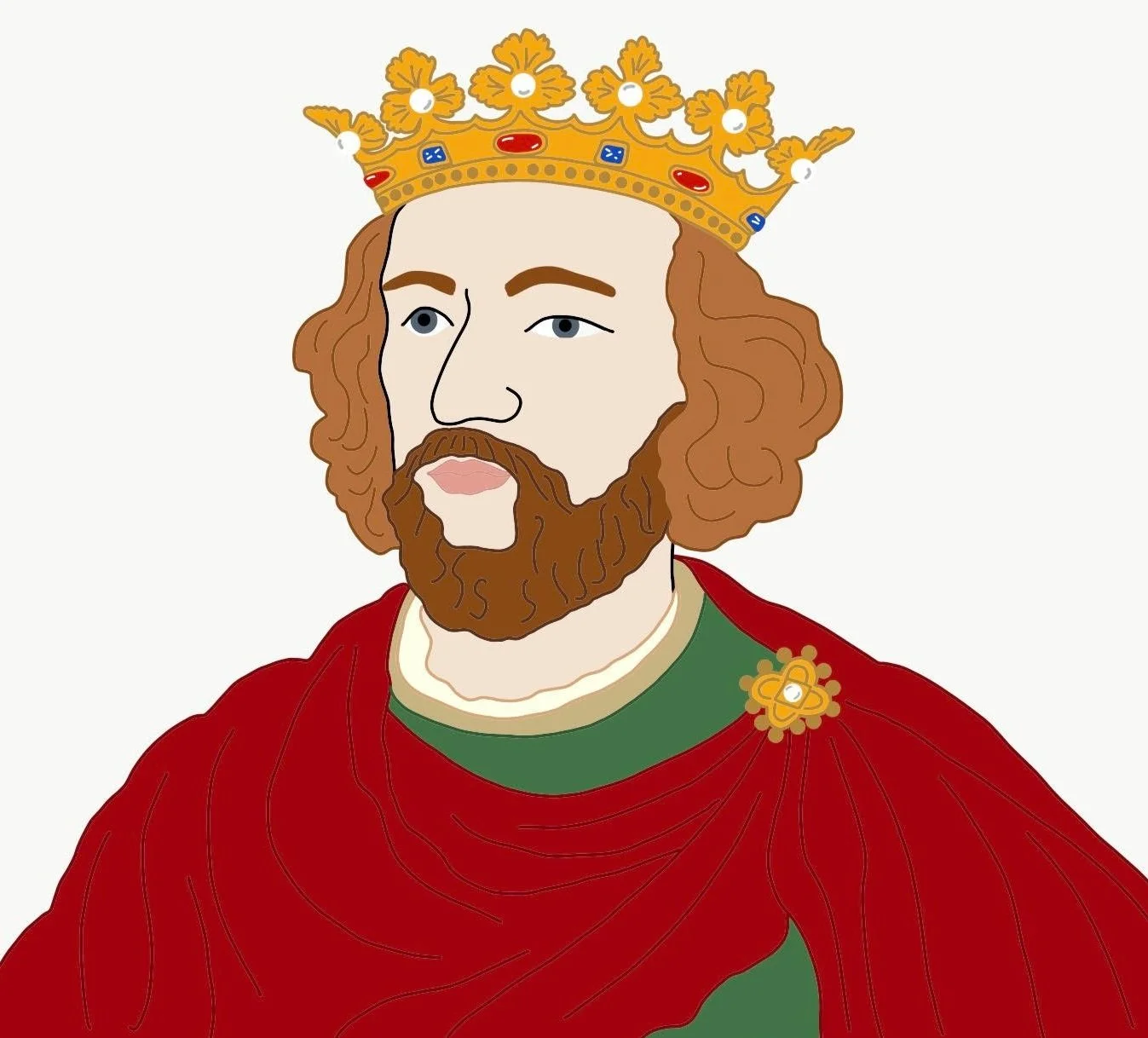October 24th - 30th
“King Henrys take centre stage this week - Henry VIII is distraught, Henry V is victorious, Henry III is crowned aged only 9 years, and Henry VII is also crowned as King of England...”
On 24th October…
Henry VIII left distraught when his beloved wife dies
1537 - Jane Seymour, the third wife of King Henry VIII, died just days after giving birth to Henry’s much wanted son Prince Edward.
1945 - The United Nations charter came into effect. The United Nations are a group of 193 Member States that join together to take action on issues such as peace and security, climate change, disarmament and humanitarian and health emergencies around the world.
Civil rights activist dies aged 92
2005 - Rosa Parks, the American civil rights activist, died aged 92 years. In December 1955 she refused to give up her seat to a white man on a bus in Alabama, U.S.A. and was arrested. This event sparked a boycott of the bus company which eventually led to a change in the law which previously had had segregated seating on buses depending on the colour of your skin.
On 25th October…
1400 - Geoffrey Chaucer, the English poet and author of ‘The Canterbury Tales’ died. The Tales are about a group of pilgrims who gather at an Inn in London and agreed to a story telling contest as they travelled to the shrine of Thomas a Becket in Canterbury.
Henry V victorious at Agincourt
1415 - King Henry V defeated the French at the Battle of Agincourt. Despite being heavily outnumbered, King Henry managed to overcome all odds and win; the French army suffered heavy losses, including the majority of its nobility, compared to the few English fatalities.
The main weapon used by the English in this battle was the longbow; its archers could shoot up to 15 arrows a minute - that’s one every four seconds. There are written reports at the time that say the sky turned dark with the number of arrows being rained down upon the French army.
George II dies
1760 - King George II of Great Britain died leaving his grandson to become King George III. It is rumoured that he died whilst sitting on the toilet drinking his favourite cup of hot chocolate.
1881 - The famous Spanish artist Pablo Picasso was born in Malaga, Spain.
On 26th October…
King Alfred the Great dies
899 - King Alfred the Great died. He was an Anglo-Saxon king of Wessex, a kingdom that was situated in the south of England. During his reign he defeated the Vikings and to try and stop further invasions and battles he made peace with them and gave them some land to call their own. The Viking part of England became known as Danelaw. King Alfred also ordered many books to be translated from Latin into English.
On 27th October…
Athelstan, the first king of all England, dies
939 - King Athelstan died. He was a grandson of Alfred the Great and was also the first ruler who could claim to be King of All England. He forged alliances with European countries by marrying off his half-sisters to their rulers. When he died his half-brother, Edmund became the new king.
1644 - The second Battle of Newbury took place during the English Civil War. The English Civil War was a series of battles between King Charles I and his supporters (Royalists or Cavaliers) and Parliament (Parliamentarians or Roundheads) over the governance of England.
Captain Cook is born
1728 - Captain James Cook was born in Yorkshire, England. He was the famous British explorer who became the first European to explore Australia, New Zealand, and the Pacific Islands.
On 28th October…
King Henry III crowned at the age of 9
1216 - King Henry III was quickly crowned King of England at Gloucester Abbey just nine days after his father, King John, had died. Henry was only nine years old. He was given a full ceremonial coronation again in 1220 at Westminster Abbey. Henry III is the fifth longest serving English monarch - he ruled for 56 years and 29 days.
1664 - The Duke of York and Albany’s Maritime Regiment of Foot was established during the reign of King Charles II. The regiment became known as the Royal Marines in 1802 when they were given their new title by King George III.
1726 - Gulliver’s Travels written by Jonathan Swift was published in London. It is a set of stories about a man called Lemuel Gulliver and his journeys to different nations in distant lands. Some of those lands were inhabited by tiny people where Gulliver was seen as a giant.
On 29th October…
Queen Elizabeth I’s favourite is executed for treason by James VI & I
1618 - Sir Walter Raleigh was executed by King James VI & I for treason. Walter Raleigh was a favourite of Queen Elizabeth I who had knighted him and made him captain of the Queen’s Guard but after her death he was accused of plotting against King James and imprisoned in the Tower of London and sentenced to death. His sentence was reduced to life imprisonment but after spending 12 years in the Tower of London he was released and sent on an expedition by King James to find El Dorado, the fabled Golden Land. When Raleigh failed to find El Dorado, he was again thrown into the Tower of London to await his execution.
On 30th October…
Coronation of King Henry VII
1485 - King Henry VII was crowned king of England at Westminster Abbey following his victory at the Battle of Bosworth Field during the Wars of the Roses where he defeated King Richard III. Henry VII was the first of the Tudor kings; father to Henry VIII; and united the two warring houses of the Wars of the Roses, House York and House Lancaster, by marrying Elizabeth of York, a daughter of King Edward IV.









